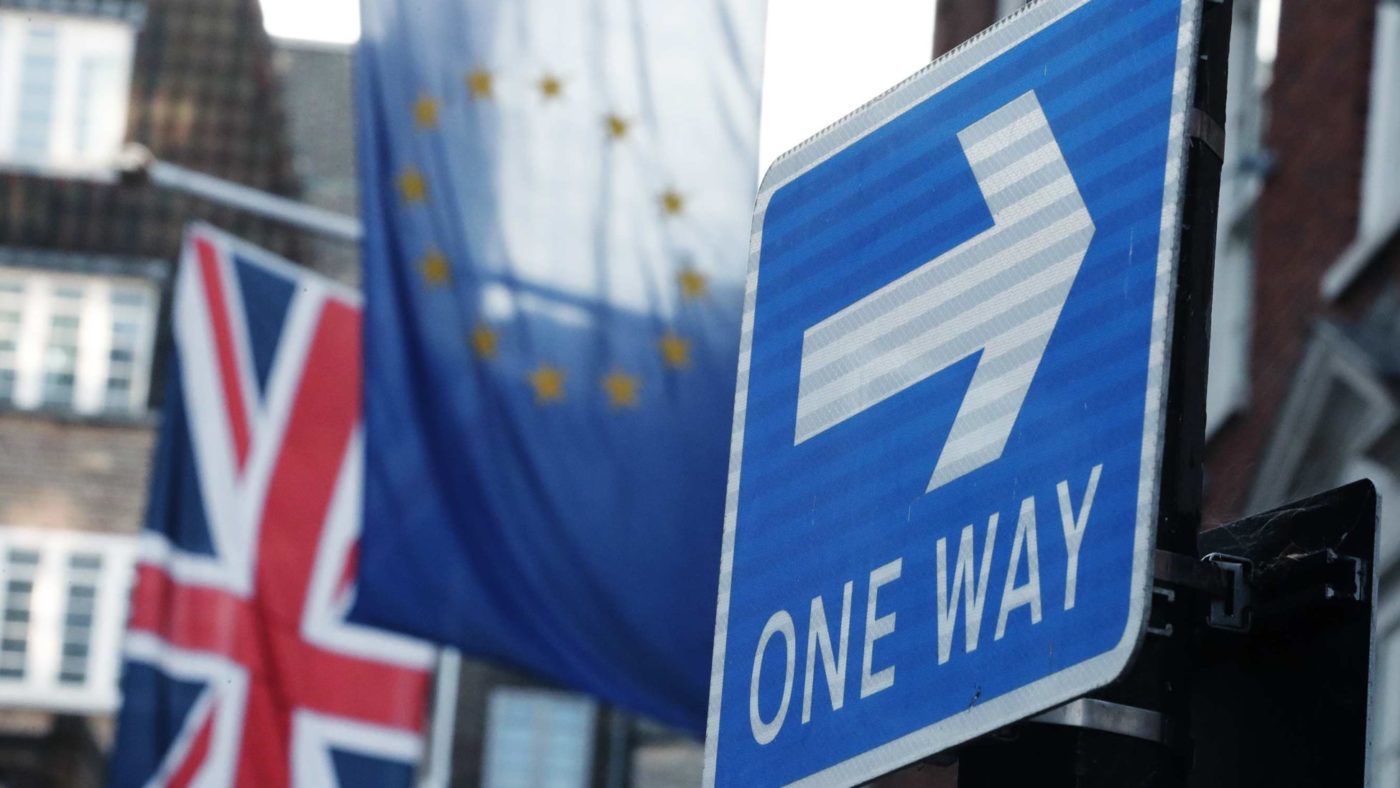What are the greatest myths holding the EU together? Top of the list is probably the “EU = peace” canard, though its power is fading as it becomes obvious that shoehorning diverse nations into a single political entity is actually a recipe for turmoil.
When debunked, this is how the EU federalist peace narrative reads: “Let us rip up borders and unite before someone less benevolent enters this dangerous terrain”. Which echoes the narrative of just about every imperialist royal in the past. Nobody should be surprised that as the EU’s powers have grown, so have European divisions.
What about the myth that the EU promotes democracy? Factually this is a hard sell, given that the unelected Commission sits atop the Brussels power pyramid. A commission which moreover suggests ”more EU information” whenever voter verdicts are not in sync with an agenda of ever-increasing integration. Many still believe the democracy myth, spurred on by the pseudo-research provided by EU-funded academia.
But the most important falsehood, even among Leave voters, is that there is a huge net economic benefit to EU membership. So if you still want to leave you will need to argue that the economic price is worth paying. There is certainly no shortage of economic reports warning that leaving the EU is an act of economic suicide. But there are three reasons such categorical testimonies should be taken with a pinch of salt.
Firstly, the doom-and-gloom models forget the massive economic downside to the political turmoil caused by the EU’s expansion way beyond its democratic mandate. Continued EU entanglement entails a perpetual political fight against a power centre so engulfed by its United-States-of-Europe-vision, that its leaders appear genuinely convinced that their ”tactical” games are justified. Leaders with such a mindset are arguably highly unlikely to ever solve the EU trust problem, the EU democratic deficit, the ticking euro time bomb, the EU migration mess and the continuous EU budget fights.
Leaving the EU means more transparent political and economic decision-making, less underhanded lobbyism, no party of discontent and UK voters ultimately deciding the always controversial but necessary balancing acts relating to the labour market, migration and foreign relations. It also means that the toxic EU issue will no longer trump everything else. Certainly leaving entails a certain amount of instability in the short-term, but staying arguably means instability in both the short term and for years to come.
Secondly, the doom-and-gloom models forget how the EU favours labour market giants; those with a purse large enough to finance permanent Brussels lobbyist representation. When interest groups such as the CBI and TUC sing from the same (corporatist) hymn sheet it typically spells bad news for small entrepreneurs, tomorrow’s job and tax creators.
How so? Because that will inevitably lead to a regulatory burden which is hard to swallow for challengers. This is why, in every dirigiste economy, the top firms are bound to turn complacent and lose their edge, while the runners-up will stop even trying.
Which is also why all the oligopolists such as Goldman Sachs, JP Morgan and Morgan Stanley are strongly in favour of Remain. And why many of the truly value-creating entrepreneurs – such as James Dyson, Luke Johnson and Tim Martin – sit in the Leave camp.
Thirdly, the doom-and-gloom models forget the costs of a public sector so strongly entangled into the EU web of vested interests that for years has been continuously biased in favour of the Brussels narrative. This, of course, is why EU critical arguments – such as those in this article – are usually simply ignored.
System partiality offers the most likely explanation as to why both Mr Cameron and Mrs May, who have both arguably built their careers on following the prevailing mood in Westminster, ended up buying into the self-serving you-will-fall-off-a-cliff Brussels message. For years most government advisors have been brimming with enthusiasm when gathering intelligence at the glamorous federalist power houses in Brussels, but have only grudgingly made field trips to Leeds or Swindon. All governments geared towards looking for knowledge even further away from practical reality than themselves will end up out of touch. This is a foolproof recipe for continuously poor government decisions and comes at a price that makes every tariff cost discussion insignificant.
The reality of EU membership is that a high degree of top-down control has always been the enemy not only of vitality and entrepreneurship, but of a truthful debate. The British people have bravely challenged a massive power centre and a backlash – including distortion of the truth – was always to be expected. Even for most Remainers the fight to stay entangled does not appear to be a fight for something positive, but a preference for the devil that we know. These types of campaigns rarely make economic sense. Just as it does not make much sense to throw good money after bad.
Pressing the reset button does. The UK should do so as quickly as possible. Not only because of the reasons already given but also because of another dynamic effect typically excluded from the doom-and-gloom economic models. Once the UK is truly on the outside, the incentive structure of the EU federalists will change dramatically. Then there is only one way the EU can economically benefit from the UK. Not through seeking continued UK entanglement (and entanglement fees). But through, yes, trade.
For all these reasons starting from scratch, a ”clean break”, really is the most economically prudent way to successfully rebuild the messy EU-UK relationship. It is arguably the only way to avoid losing yet more years to a permanent state of negotiation limbo.


